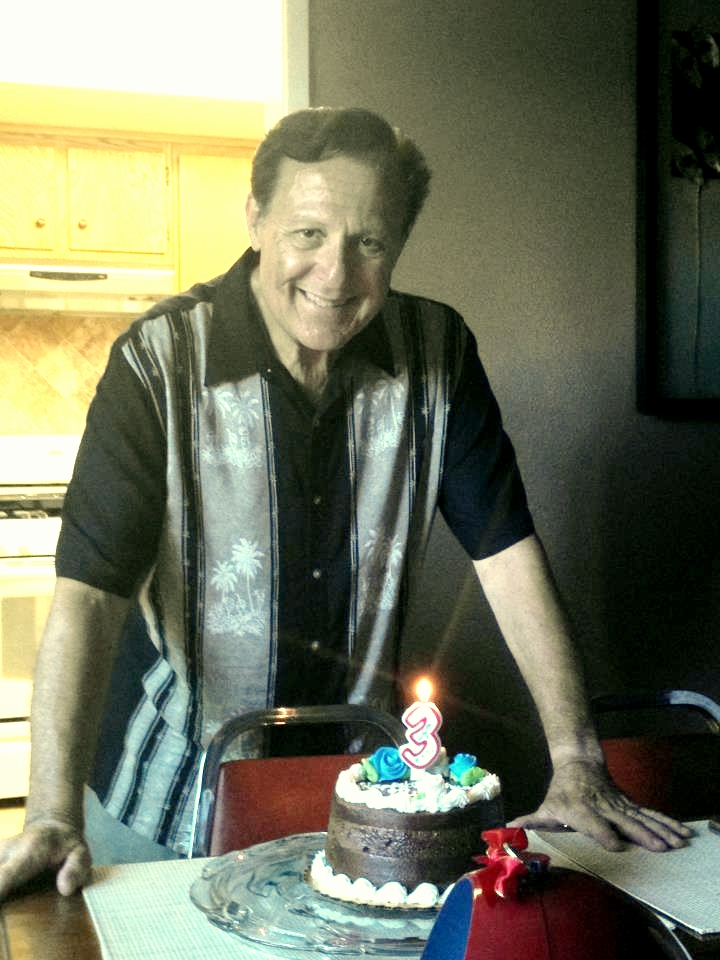Many people who have read The Qur'an invariably question the use of We to identify Allah as the source of commands given to direct the morality of Muslims and exact punishments, warnings, and abominable actions towards nonbelievers. The use of We throughout the Qur'an has caused much controversy because Muslim religious leaders have obfuscated and interpreted it as meaning it is a singular entity, the one God Allah, who uses the "Royal We" in addressing and commanding His followers. They insist that Allah is "one" and should not be associated with any of His followers or angels.
Still, many suras (verses) appear in the Qur'an that reveal We associates Allah with a group of men that may even act alone to enforce the commands, punishments, and warnings of Allah. To unravel this conundrum, it is best to use the suras themselves to provide an answer as to We being Allah acting alone or indeed, a "Party of Men" who act alone to enforce the His commands, punishments and warnings. The following suras were taken from the earliest English translation by Muhammad Zafrulla Khan. Readers of The Qur'an should avoid translations of the past 20 to 30 years because they have been altered to be Politically Correct and actually change the original intent.
We begin with the Qur'an that sanctions a Party of Men to implement the Qur'an. There are men sanctioned in the Qur'an to enforce the punishments and atrocities cited in the Qur'an and kill people for Allah. The authorization of such a party occurs in the following sura. Several questions are provided to allow the reader to ponder, think, and evaluate for themselves a plausible answer.
Sura 3:105. Let there be from among you a party whose business it should be to invite goodness, to enjoin equity and to forbid evil. It is they who shall prosper.
Question 1: Is this a Party of Men who are Islamic religious leaders who were arrogant enough to believe that they can change, abrogate and forget the commands of God and provide better commands as shown in the next sura?
Sura 2:106-108. Whatever previous commandment We abrogate or cause to be forgotten, We reveal in this Qur'an one better or the like thereof: Knowest thou not that Allah has full power to do all that He wills?
Question 2: Is Allah really not bright enough to provide everlasting commands in the first place?
Question 3: Was the above sura written by Allah or a Party of Men?
Question 4: Does Allah need help by imploring "We" to assist in abrogating or cause to be forgotten former commands?
Below we see that Allah, identified with the plural "We," assists a Party of Men that kills people while at night or in the afternoon while at play.
Sura 7:5-7. Little is it that you heed. How many a town have We destroyed! Our punishment came upon their dwellers by night or while they slept at noon. When Our punishment came upon them all they could utter was: We are indeed wrongdoers.
Question 5: Is Allah killing dwellers by night or while they sleep at noon?
With the "Our" there is no doubt that Allah is acting with a Party of Men.
Question 5: Does this sura actually identify a Party of Men and indeed not Allah, the Ever Forgiving and Merciful God?
I would rather believe it was a Party of Men and not implicate Allah in the killing of His creations. The above suras conclusively identify a Party of Men is associated with "We" in the Qur'an. Too bad the Qur'an writers were not schooled enough to consistently keep Allah separate from the Party of Men.
Question 6: Is it possible that the writers of the Qur'an got caught up in believing Allah drives their actions for both good and evil acts that they associate themselves with Allah with the use of We?
(Note: You can view every article as one long page if you sign up as an Advocate Member, or higher).





